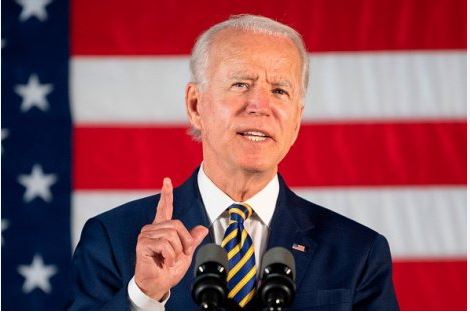Biden’s Stance on Taiwan Independence: Clarifying U.S. Policy

In a recent statement, U.S. President Joe Biden declared that the United States does not support Taiwan’s independence, a significant announcement that clarifies the U.S. position amidst growing tensions in the Asia-Pacific region.
The Statement: A Reaffirmation of Policy
President Biden’s statement reaffirms the long-standing U.S. policy of not supporting Taiwan’s independence. This policy is rooted in the complex historical and diplomatic relationships involving the U.S., China, and Taiwan.
Implications for U.S.-China Relations
This clarification comes at a crucial time, with U.S.-China relations already strained over various issues, including trade, human rights, and military activities in the South China Sea. Biden’s statement is seen as a move to avoid further escalating tensions with Beijing.
Taiwan’s Position: Navigating a Delicate Balance
For Taiwan, the U.S. position is significant. While the U.S. remains a key ally and arms supplier, Taiwan continues to walk a fine line in its quest for international recognition and self-determination, without provoking a harsh response from China.
Global Reaction: A Matter of Geopolitical Interest
Countries around the world are closely monitoring this development, as it has implications for international diplomacy, security alliances, and the balance of power in the Asia-Pacific region.
The Future of Cross-Strait Relations
The U.S. stance is likely to influence the future of cross-strait relations between China and Taiwan. While it provides some clarity, it also leaves open questions about how these complex relationships will evolve in the coming years.
Stability and Uncertainty
President Biden’s statement on Taiwan independence is a move towards maintaining regional stability, but it also highlights the ongoing uncertainty in U.S.-China-Taiwan relations. As the situation continues to develop, the international community remains watchful of the potential implications.





